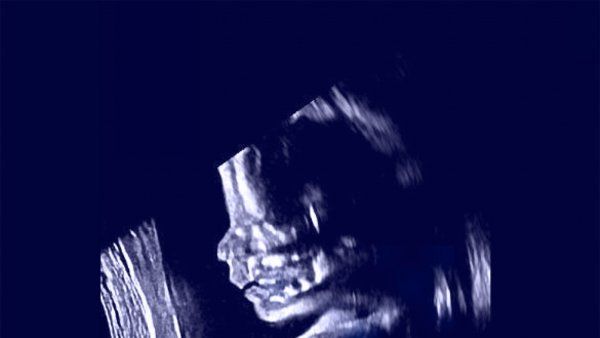Why Can’t I Sleep?
Insomnia is miserable, and lost sleep can harm our health. Now, researchers are seeing the promise of solutions in our genes.
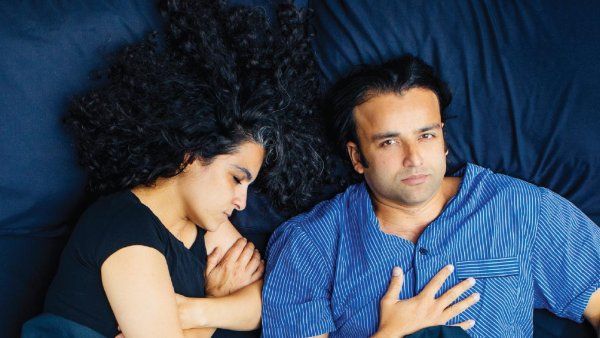
University of California San Francisco
Give to UCSFInsomnia is miserable, and lost sleep can harm our health. Now, researchers are seeing the promise of solutions in our genes.

Norway strives to rehabilitate instead of punish. UCSF’s Amend program is showing that this model can help solve the public health crisis plaguing the American correctional system.
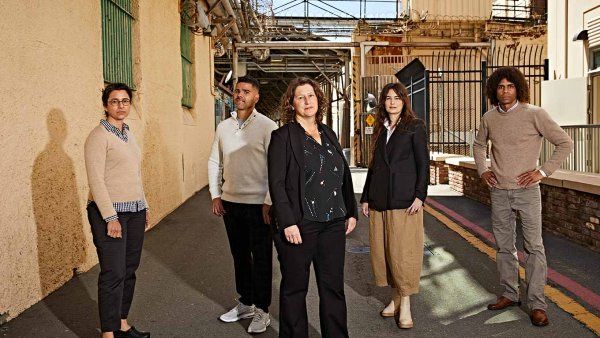
Leading scientists share some of the tools and strategies that could help us better confront and contain future outbreaks.
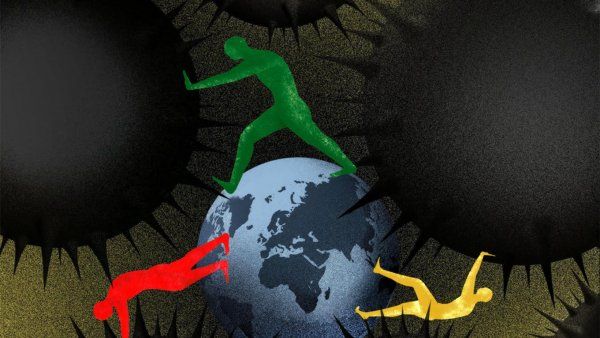
The viruses that cause polio and COVID-19 mutate, but treatments for the diseases don’t. For over 20 years, UCSF and Gladstone Institutes scientist Leor Weinberger, PhD, has been thinking of ways to make vaccines work more efficiently by being adaptive, rather than static.
Hidden autoimmunity may explain how the coronavirus wreaks such widespread and unpredictable harm.
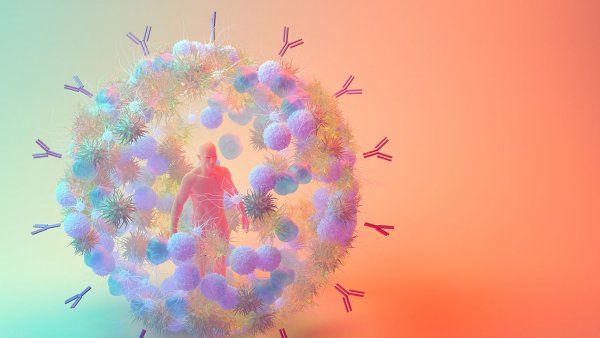
Bay Area photographer Barbara Ries shares her thoughts on one of her award-winning images of the Navajo Nation.
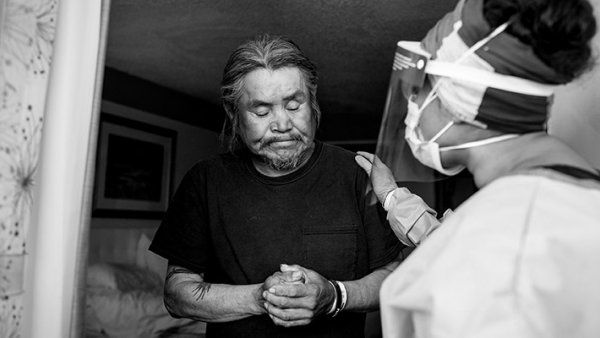
An elderly man had symptoms no one could explain – until Amy Berger, MD, PhD, and her team investigated.
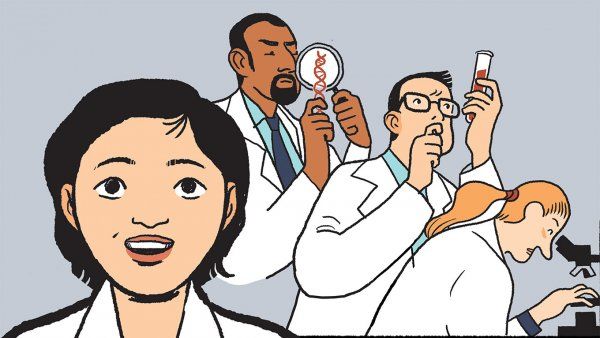
Can dieting help you live longer? Do microbes control your immune system? Can studying snakes help stop the next pandemic? UCSF microbiologist Peter Turnbaugh, PhD, interviews famous scientists and rising stars about research quests that span the spectrum of health.
Cronutt was one sick sea lion before undergoing a groundbreaking surgery last fall. Today he's seizure-free and doing well.
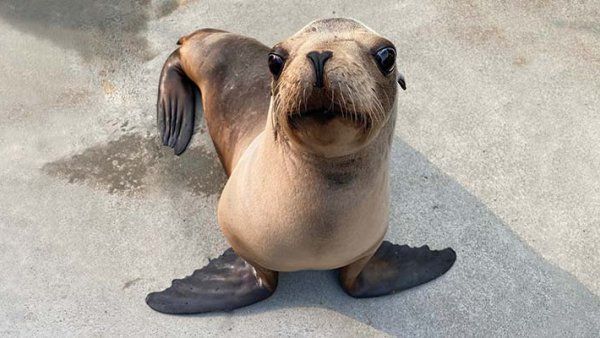
Cognitive behaviorial therapy for insomnia, the gold-standard intervention, also suggests benefits for well-being.
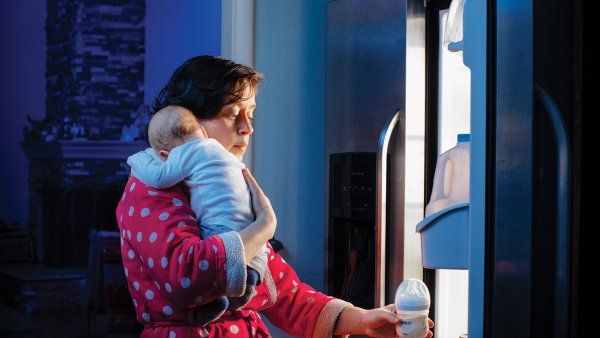
UCSF alum and Moderna president Stephen Hoge, MD '03, shares what it was like to design a desperately needed vaccine in record time.
UCSF researchers wanted to see if simple tweaks, like avoiding nighttime interruptions to promote sleep, nixing certain prescription drugs, and promoting exercise and social engagement, could decrease delirium in hospitalized older adults.
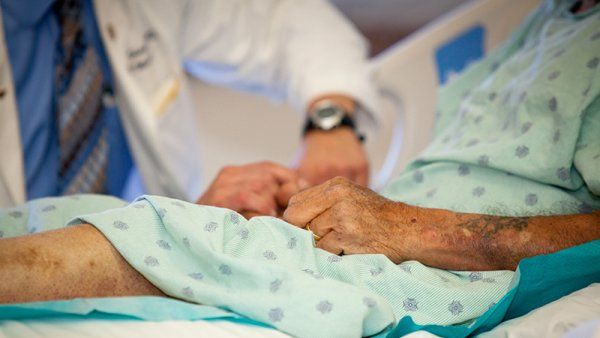
Scientists now have shown that the weakening of an astronaut’s immune system during space travel is likely due in part to abnormal activation of immune cells called T regulator cells.
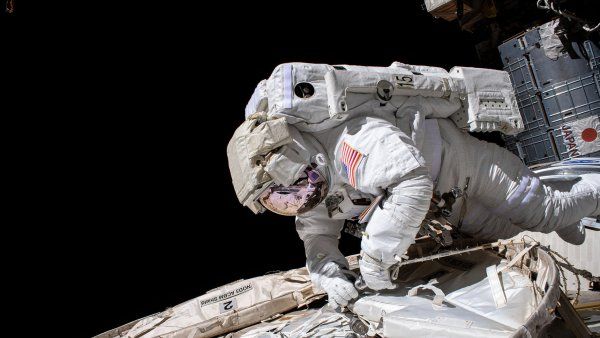
Continuing medication for newborns with seizures for months after they are discharged from the hospital does not prevent epilepsy and may cause neurotoxic side effects. In a study led by UCSF
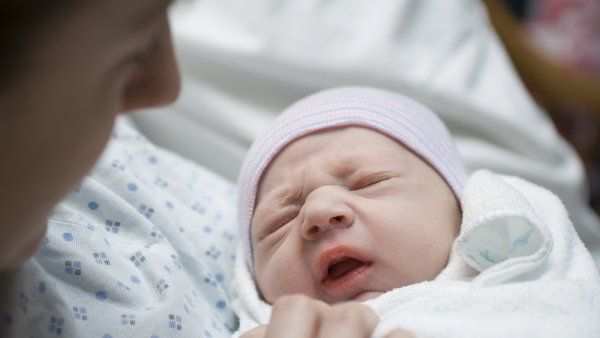
This story is one in a series of first-person perspectives from those who are working on the frontlines to better understand, treat and prevent transmission of HIV and AIDS as well as COVID-19. You
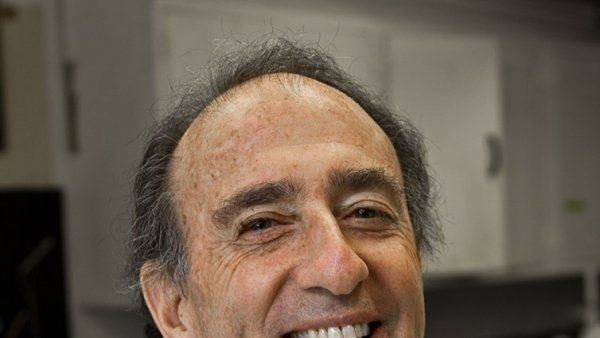
This story is one in a series of first-person perspectives from those who are working on the frontlines to better understand, treat and prevent transmission of HIV and AIDS as well as COVID-19. You
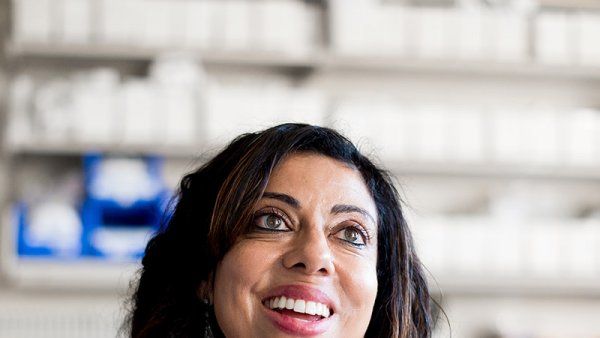
This story is one in a series of first-person perspectives from those who are working on the frontlines to better understand, treat and prevent transmission of HIV and AIDS as well as COVID-19. You
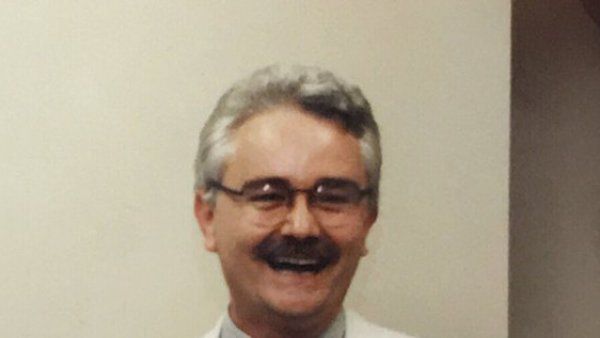
This story is one in a series of first-person perspectives from those who are working on the frontlines to better understand, treat and prevent transmission of HIV and AIDS as well as COVID-19. You
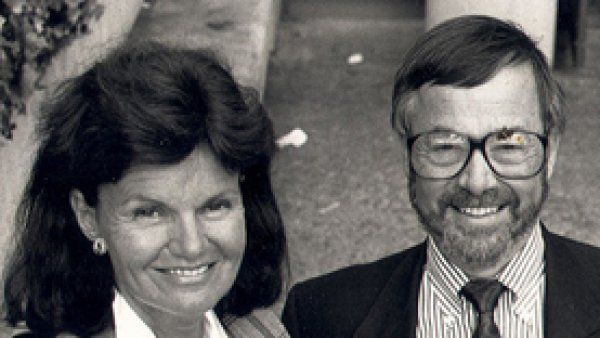
This story is one in a series of first-person perspectives from those who are working on the frontlines to better understand, treat and prevent transmission of HIV and AIDS as well as COVID-19. You
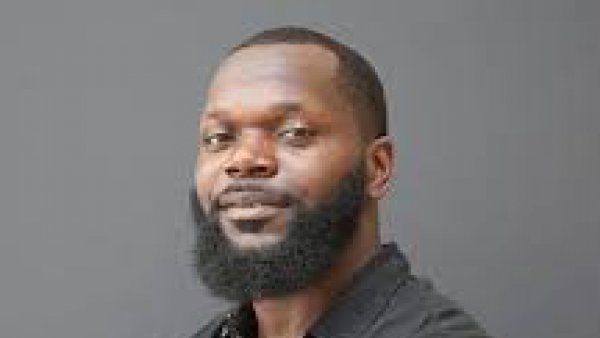
In 1981, a mysterious illness began overwhelming the San Francisco community. Since those early days of the epidemic, UCSF has steadfastly been at the forefront of patient care, research and community partnerships in the battle against HIV and AIDS.
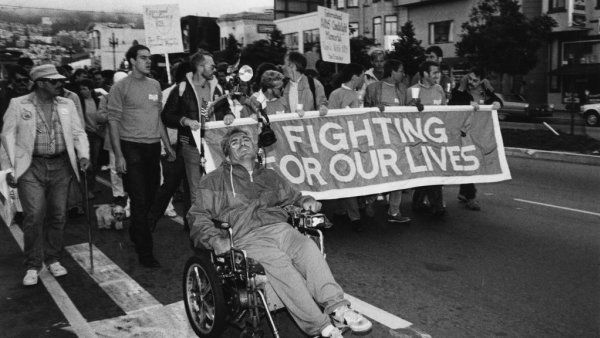
This is one of the first-person perspectives from those who are working on the frontlines to better understand, treat and prevent transmission of HIV and AIDS as well as COVID-19.
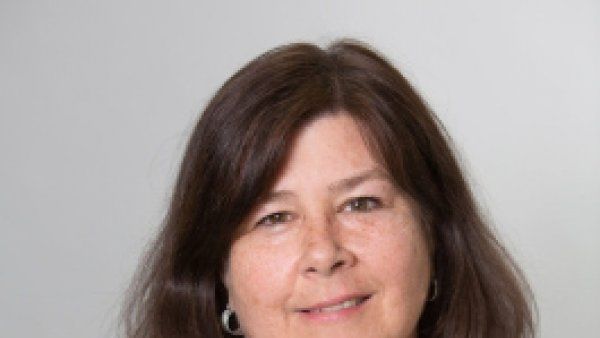
Over the past four decades, UCSF has led the way in its heroic response to the AIDS epidemic, both locally and globally. This timeline covers some of the highlights at UCSF, in the nation and around the world after a mysterious disease affecting gay men was first reported on June 5, 1981.
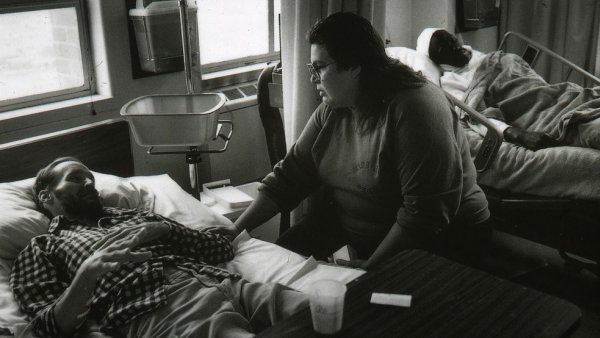
This story is one in a series of first-person perspectives from those who are working on the frontlines to better understand, treat and prevent transmission of HIV and AIDS as well as COVID-19. You
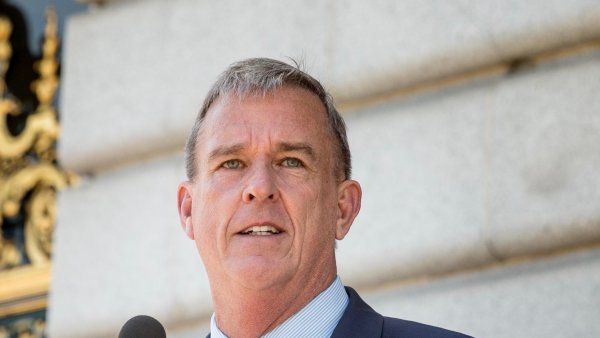
This story is one in a series of first-person perspectives from those who are working on the frontlines to better understand, treat and prevent transmission of HIV and AIDS as well as COVID-19. You
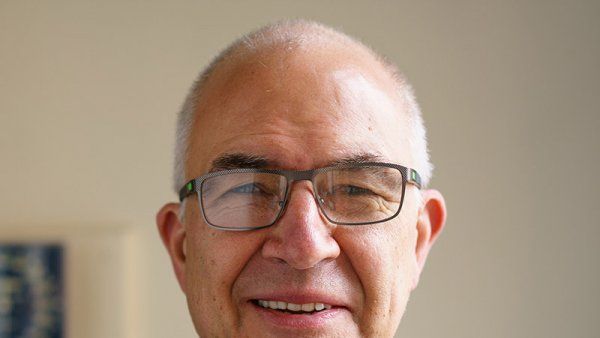
The Hellman Foundation has given a $12 million endowment to support the Hellman Fellows Fund in perpetuity.
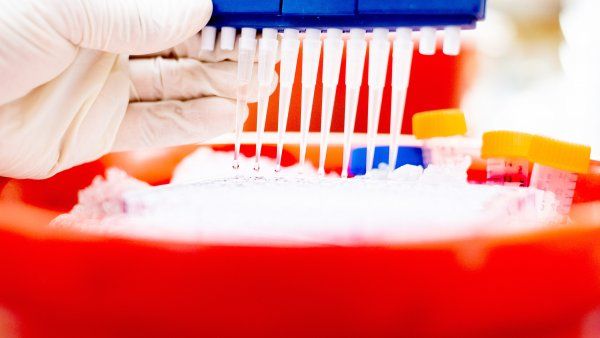
Researchers from the UCSF School of Nursing have joined a newly launched national collaborative to study the impacts of COVID-19 on members of the lesbian, gay, bisexual, transgender and queer communities.
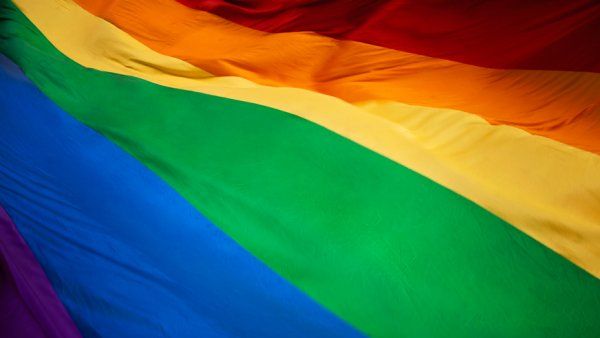
A multifaceted collaboration between researchers at UCSF, Gladstone Institutes, and other organizations across California provides a comprehensive portrait of the variant—including its interaction with the immune system and its potential to spread.
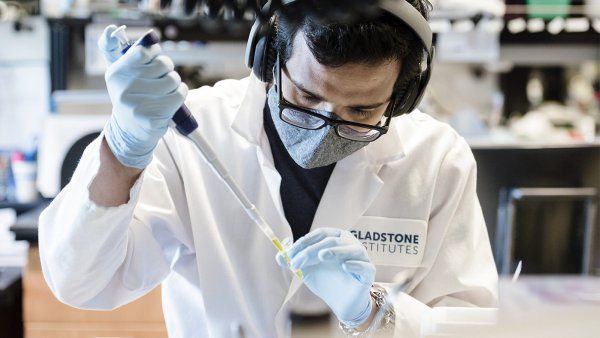
UCSF researchers have found a way to double doctors’ accuracy in detecting the vast majority of complex fetal heart defects in utero.
